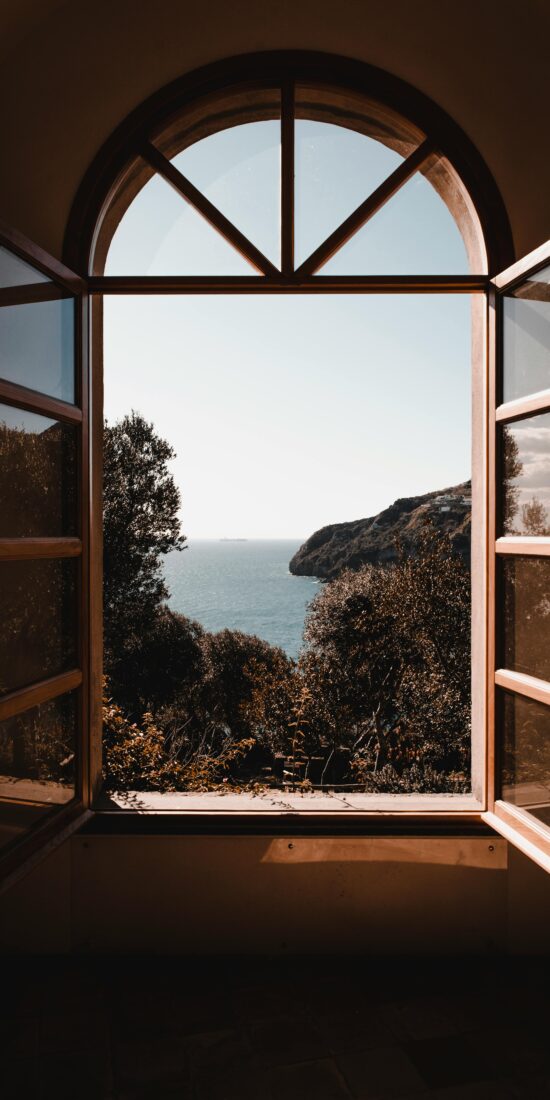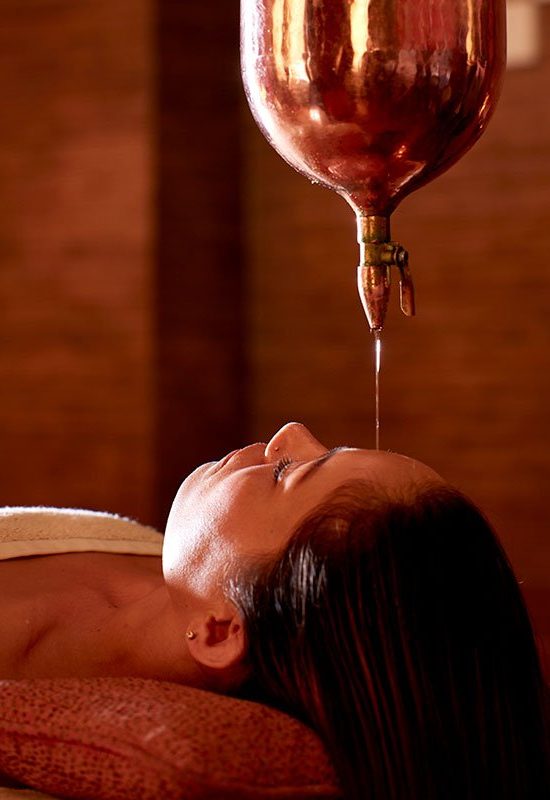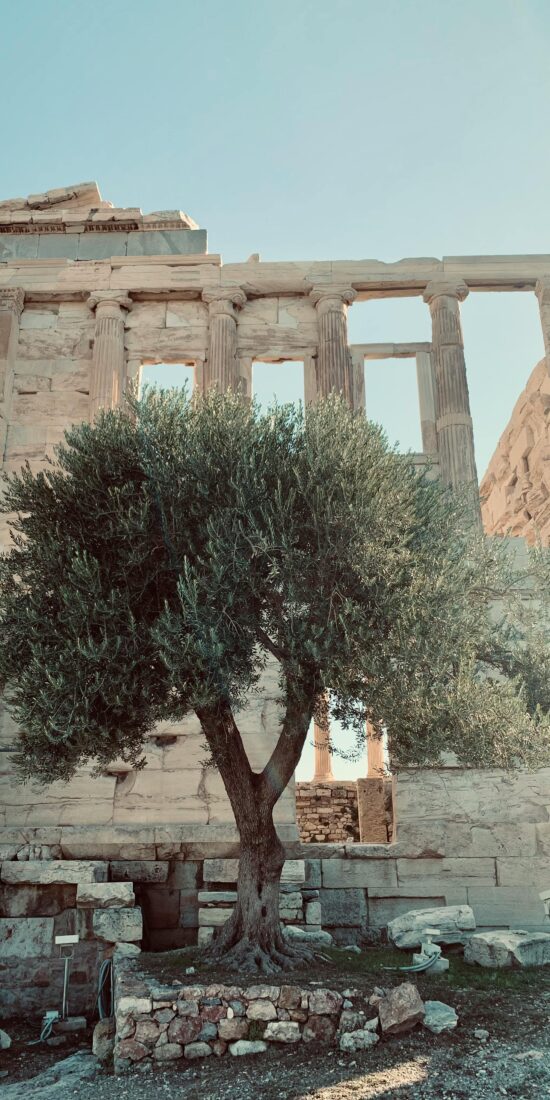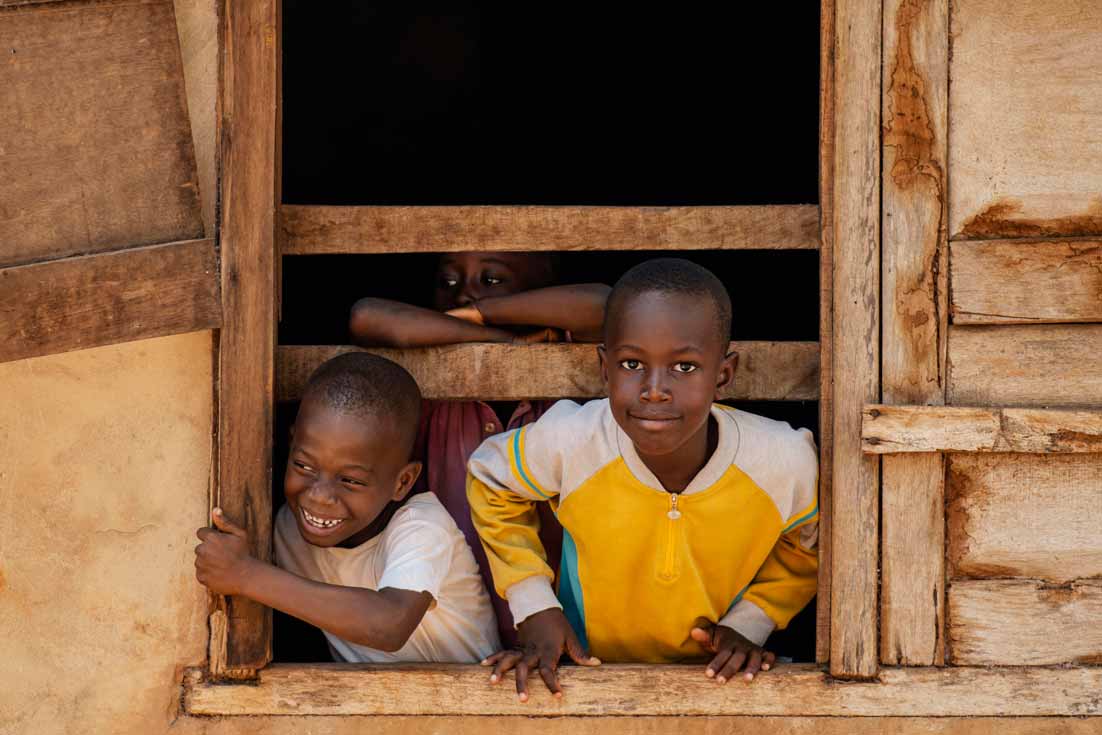
Ìrìn Journal
Explore Ethnicity & Stories of Africa
AFRICA
“Who better to tell African travel and cultural stories than myself, an African.”
– Founder, Ayomide ‘Mimi’ Aborowa.
Mimi Aborowa’s story effortlessly represents the notion of necessity breeding invention. With a foundational passion for travel, culture, and people’s stories, Aborowa, Founder and Creative Director of Ìrìn Journal, grew up collecting independent destination magazines and noticed the under-representation of African cities. She reached out to the editor of one of the more engaging publications to suggest the exploration of Lagos, and got less than a lukewarm response. During her time in London, Aborowa worked at a startup that discovered cities for travel. When she proposed Lagos again, as part of their expansion strategy, she received a ‘that would be nice’ sentiment.
“Collecting all these travel magazines, I found that you hardly find anything which talks about African culture or the African perspective. We know the type of stories that we feel should be told, of things that we want to share with the world,” she said.

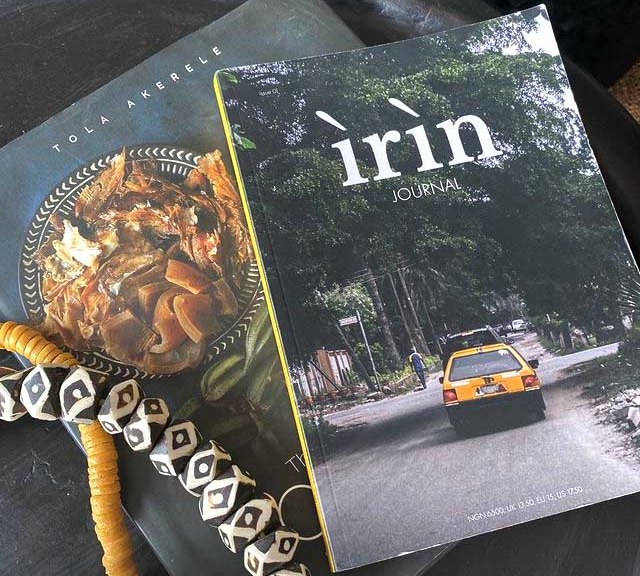
“Why am I waiting for these people to come and tell our stories? Why am I waiting
for them to give us a platform? Why don’t we do it ourselves?”
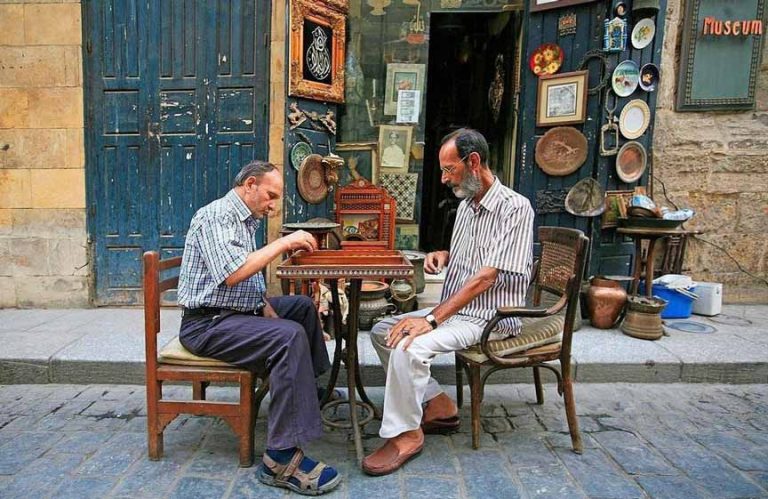
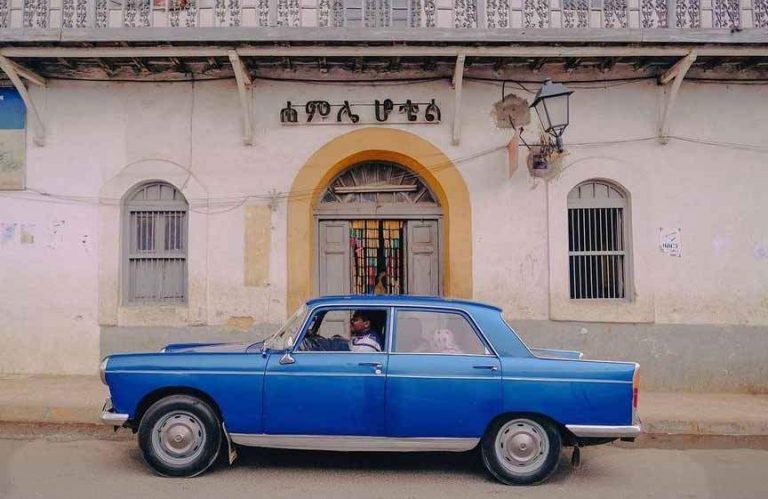
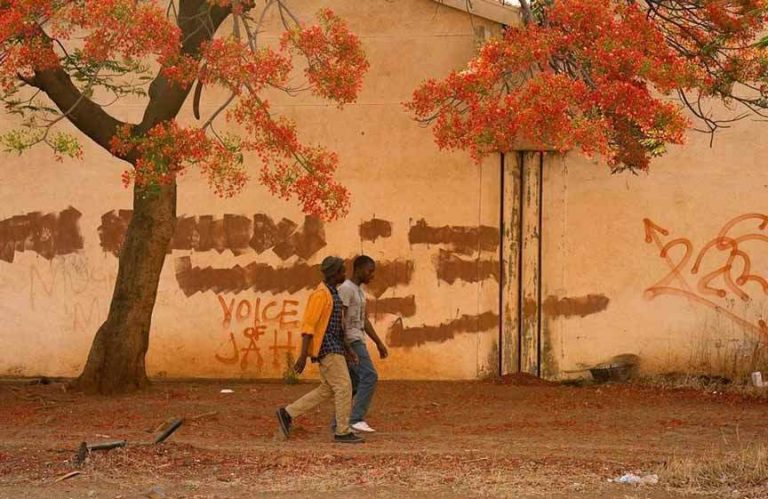
The gap between ‘why don’t we’ and the publication of Ìrìn Journal was a long, arduous one. Undeterred by precedent and lack of funds, Aborowa put together a team of contributors and started funding with a Kick-Starter campaign. The name ‘Ìrìn’ was taken from the Yoruba phrase ‘ìrìn Ajo’, which means journey, or travel in English. The name was set at ‘Ìrìn Journal’ and the brand began with Instagram posts about different African locations such as Seychelles, Mauritius, Cape Verde. The posts also included food, snippets of history, facts and stories. The followers left comments such as: ‘Oh, wow, I didn’t know this,’ ‘this is interesting’, ‘this is beautiful,’ which made Aborowa sit up and take notice of the encouraging response.
Aborowa pushed ahead with her plans. The Instagram account and the website led fans to the main goal, the magazine. The team at Ìrìn Journal wanted print form so that the publication would be a collector’s item. Aborowa wanted readers to be excited about the bi-annual issue, and they were, with the first publication covering Lagos.
“We want you to pick it up, to read, to interact with it, carry it in your bag, read it on the train, to feel that connection and attachment to this body of work,” she says. “There are different people reading about our culture. We’re sharing Lagos to the world, with pride, the good, the bad, the ugly, and the beautiful. They read about our history, what’s happening now, the creatives that are here, and who is trying to shape our city of Lagos.”
Readers gave feedback that they felt informed, they had read and learnt about Lagos, and were grateful to be exposed to the local perspective. Ìrìn Journal now has stockists worldwide, including Barcelona, Milan, New York, and London.
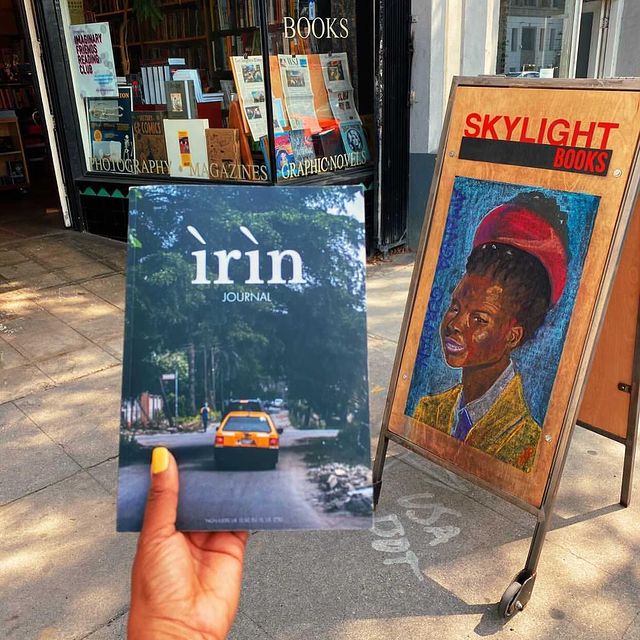
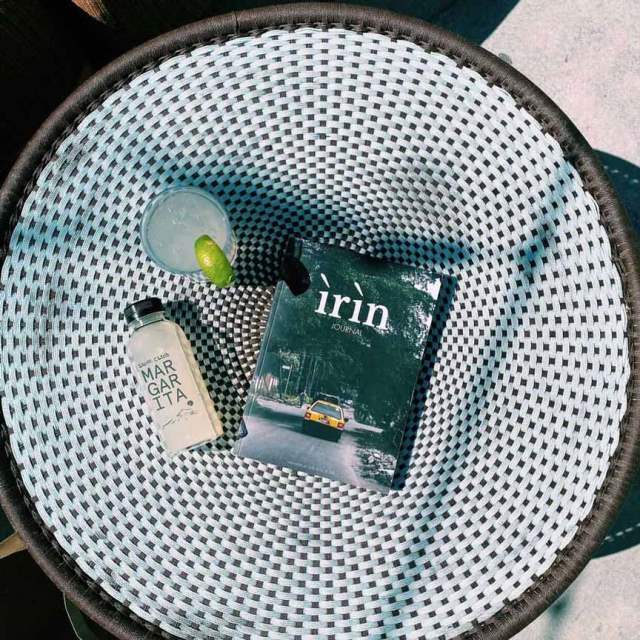
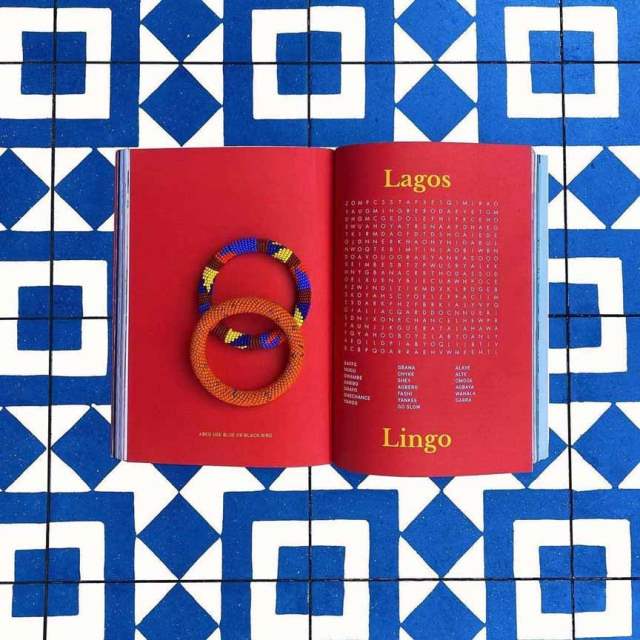
Out of the journal, came the travel concept. Aborowa explains, “Now you’ve read about Lagos, maybe you’d like to come to Lagos. Traveling to African cities, the info is not readily available. You need a guide there, the majority of the cities, you need an insider. First connect with myself, then someone to show you places to be, people to meet, galleries – you wouldn’t find it on your own.”
“What Ìrìn is trying to do is very important to travel and culture industry in Africa; to get people to connect – we’re showing people in their own element – to get people in government to start thinking of the economic potential in tourism and conserving our heritage.”
“Africa to me is untold stories, home, raw opportunities, and diverse culture.”
For a close encounter with Africa’s stories and destinations, the first issue is available to order via order@irinjournal.com. The second issue is eagerly awaited. Follow their Instagram for the latest updates.
Stories from Ìrìn Journal
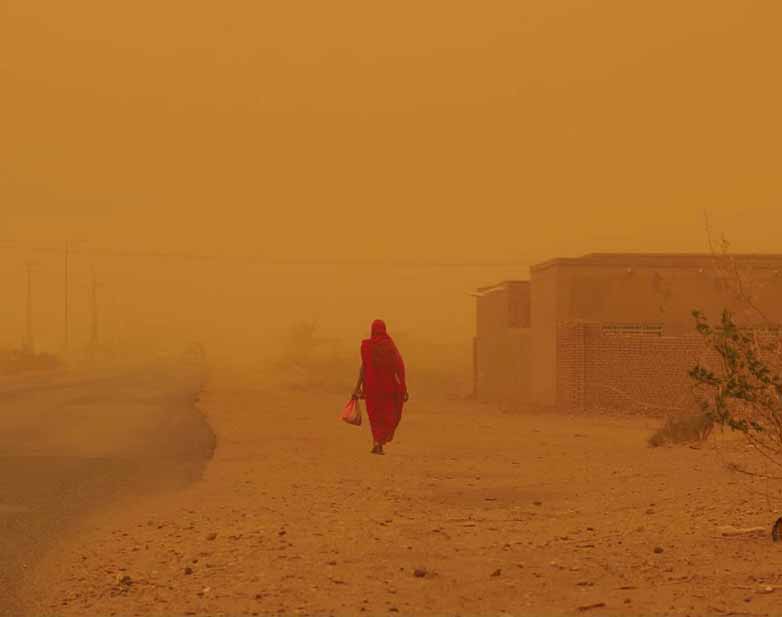
Berber
“In Berber, sand storms have a special name that truly represents the nature of such an event; it's (Kubta / كبتة). It describes how the sand blocks the sunlight and in minutes it's completely dark, an otherworldly experience.”
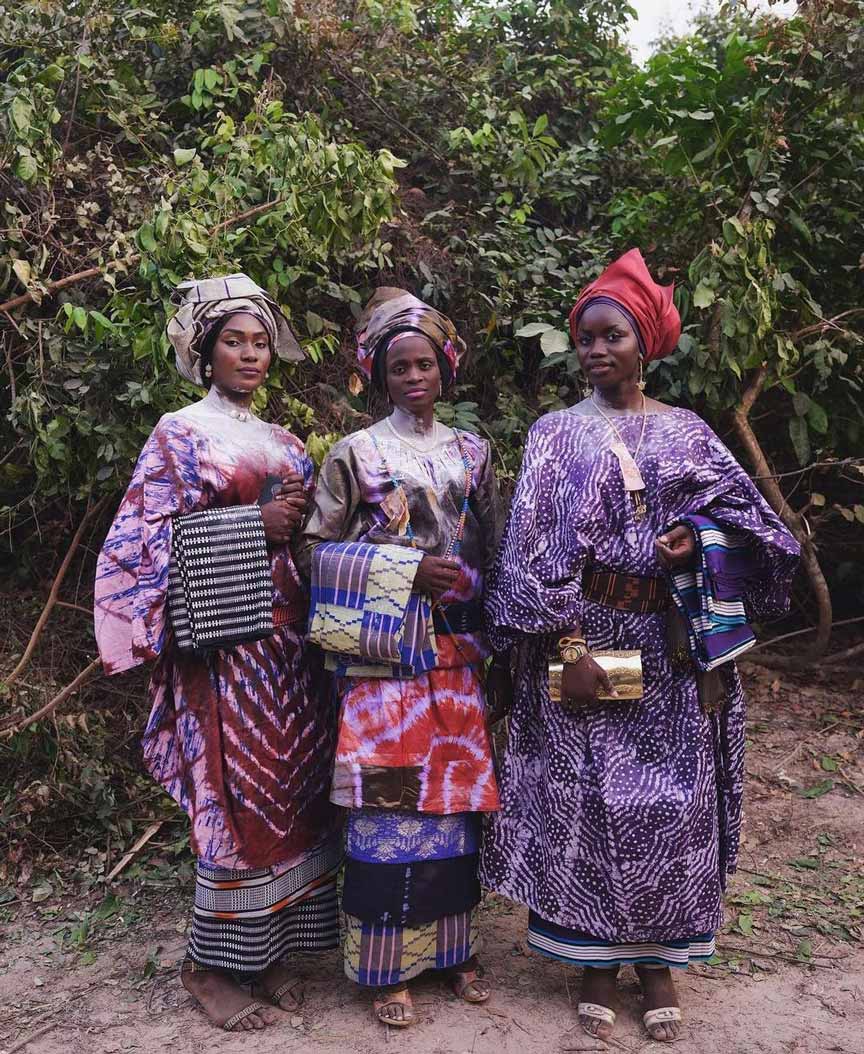
Senegal
“At the end-of-harvest festival in southern Senegal's Casamance region, newly-married couples pose for photos in their regal outfits. Here, Anita, Rose and Rosealine pose without their grooms. They are dressed in locally made Tchoub fabric, and during the festival they receive money and congratulations from the community.”
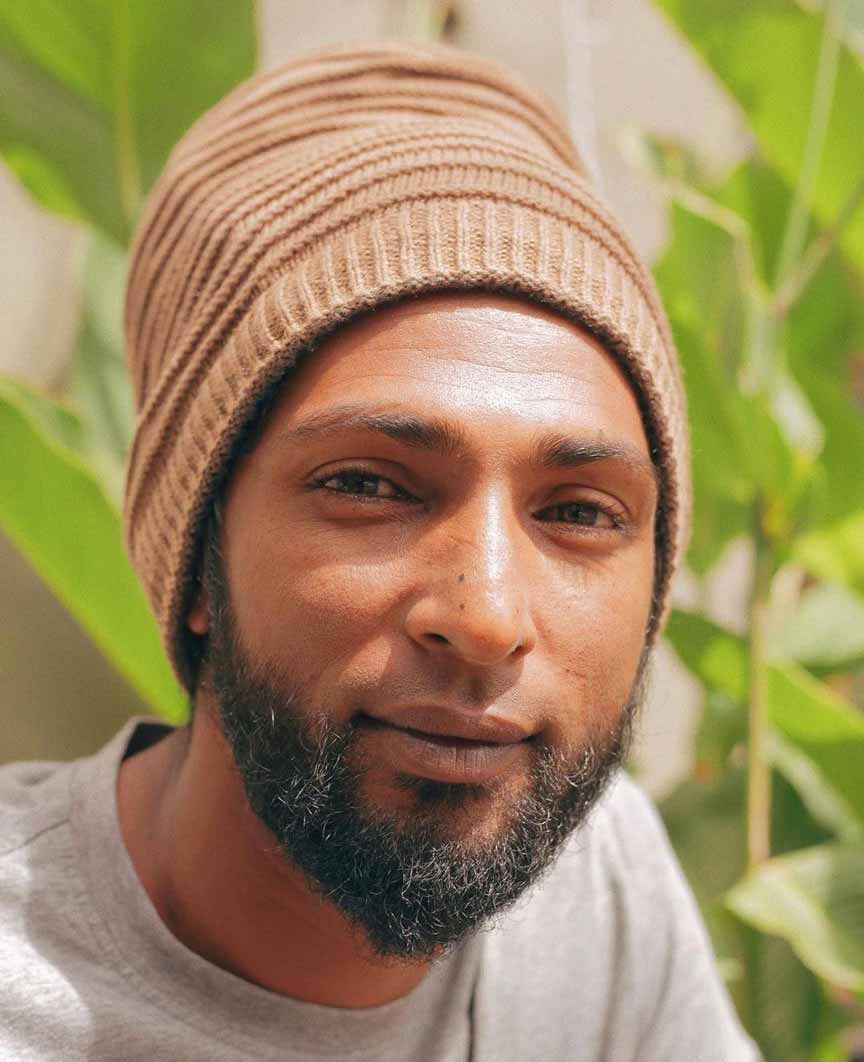
Mauritius
"This is Mervin, a Rasta from Mauritius who loves sailing, good music, and good Mauritian food. Mervin has kind eyes, and quite frankly a gorgeous face. But the best thing about him was how at ease he is as a person, how comfortable he seems to be in his own skin."
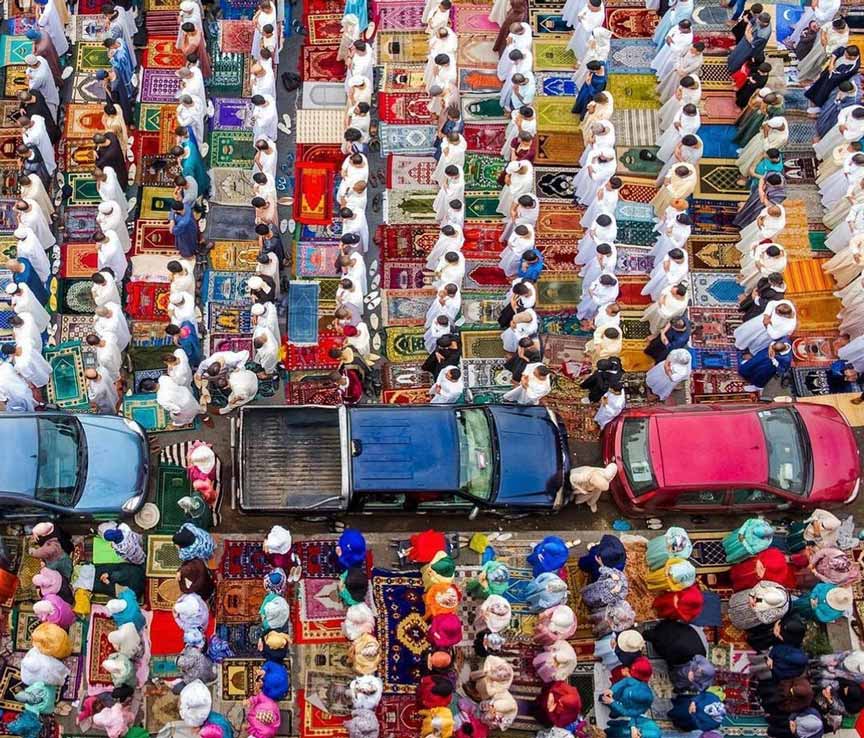
Morocco
"Ramadan during the summer holidays was very busy in Casablanca. There weren’t enough places in the dedicated prayer spaces, so people were praying on the street."
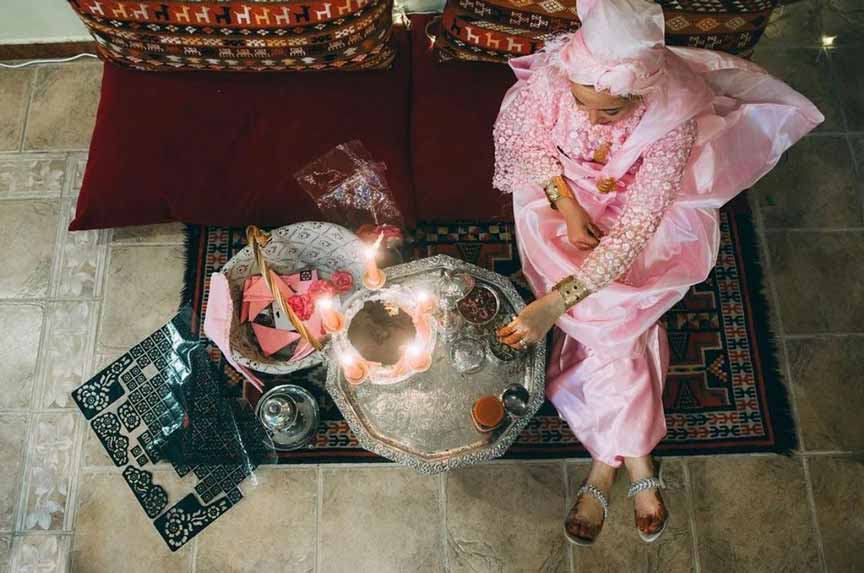
Libya
Tripoli: "On Sahriya, the night before the wedding, the bride beautifies herself with different henna patterns and wears a traditional pink outfit of silk, and her jewelry. Neighbors, relatives and close friends are invited to the bride's home, where each woman puts henna on their hands for a blessing of good fortune.”
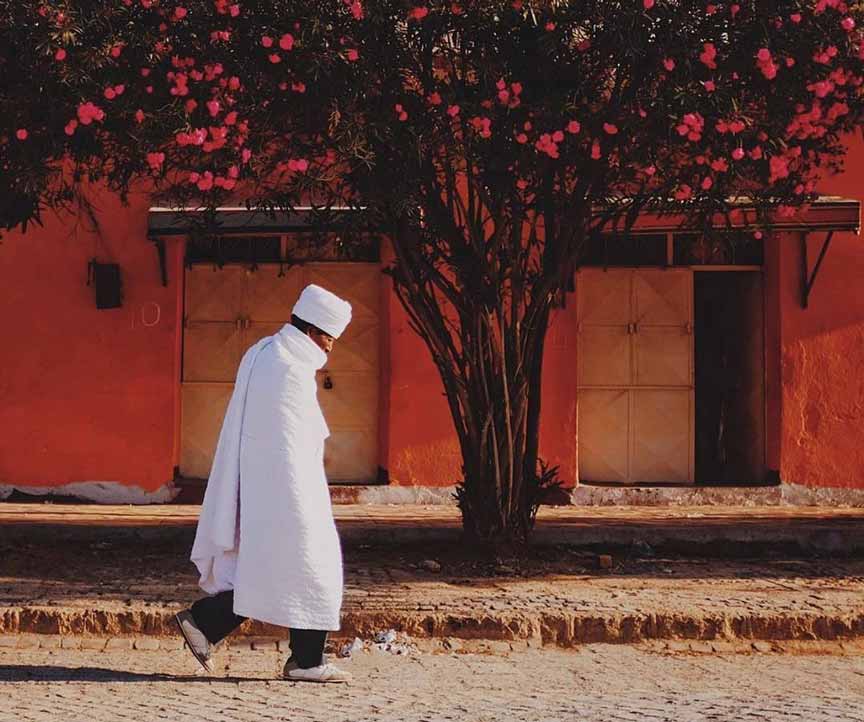
Ethiopia
Axum: “Good Friday is celebrated throughout Ethiopia by those who follow the Ethiopian Orthodox Church. Many will mark the day with prayer ceremonies, fasting, and bowing down to remember the pain and suffering of Jesus Christ. This prayer ritual is known as Sedget (ስግደት).”


